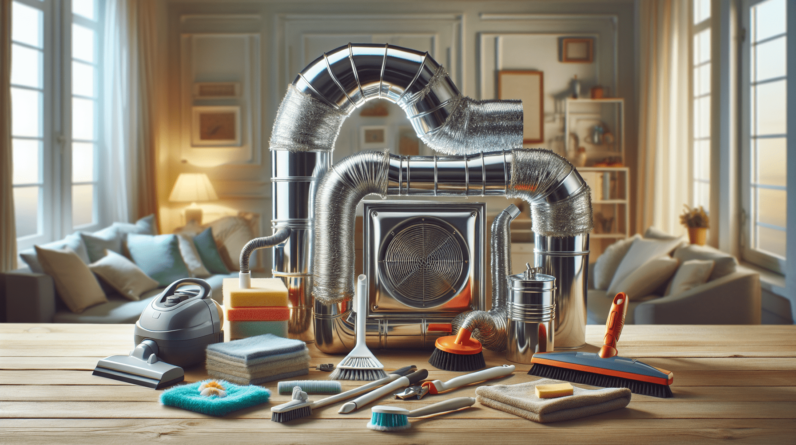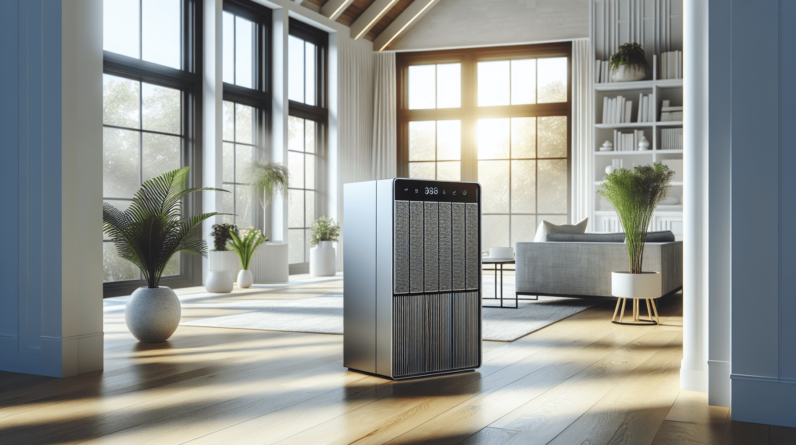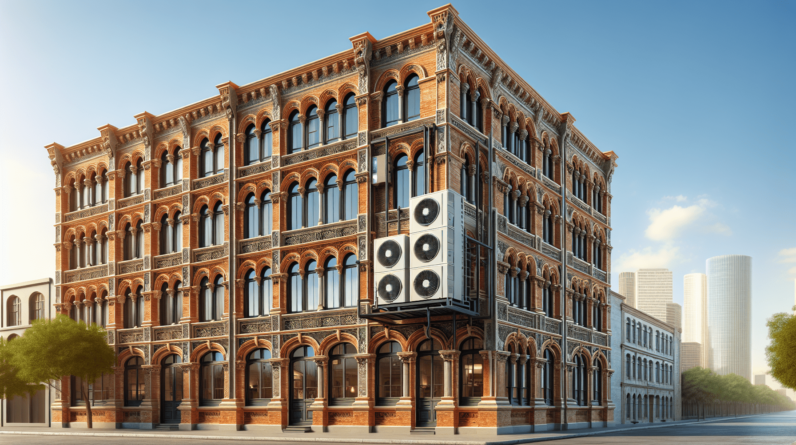
Have you ever found yourself shivering in one room while another feels like a sauna? This common scenario in many homes often leads to the consideration of an HVAC zoning system. It’s natural to wonder if investing in such a system is the right choice for your home in Houston, TX.
What Is an HVAC Zoning System?
An HVAC zoning system divides your home into different areas or zones, allowing you to control the temperature of each zone independently. This technology utilizes a series of dampers in the ductwork, which open and close based on the desired temperature settings. By optimizing temperature control, zoning systems aim to enhance comfort while improving energy efficiency.
How Does It Work?
The system relies on a central thermostat for each zone, which communicates with the HVAC unit. Suppose, for instance, you prefer a cooler temperature in your bedroom while keeping the living room warmer. With a zoning system, you can adjust the heat or cooling for each area without affecting the rest of the house. This ensures a more tailored experience for everyone in your home.
The Pros of HVAC Zoning Systems
Enhanced Comfort
One significant advantage of zoning systems is enhanced comfort. With the ability to control temperatures individually, you eliminate the frustration of uneven heating or cooling. You can set each room according to your unique needs, ensuring that you and your family always feel comfortable, regardless of the season.
Increased Energy Efficiency
Energy efficiency is a considerable factor in today’s world. With traditional HVAC systems, you often waste energy by heating or cooling entire spaces when only specific areas are in use. A zoning system allows for targeted heating and cooling, which can lead to significant savings on your utility bills. In fact, homeowners often report energy savings of 20% or more.
Extended System Lifespan
Zoning systems can contribute to the longevity of your HVAC system. By allowing the system to run less frequently and work only as needed, you reduce wear and tear on the equipment. This can extend the lifespan of your HVAC unit, saving you money on repairs and early replacements.
Improved Indoor Air Quality
Zoning can also positively impact indoor air quality. By allowing for better airflow distribution throughout your home, each zone can maintain optimal humidity levels. Additionally, some zoning systems come with advanced filtration options that can help reduce allergens and improve air quality in each area.
Customized Solutions
Every home is different, and a zoning system can be customized to fit your specific needs. Whether you have unique rooms that require special temperature considerations or varying sunlight exposure throughout the day, zoning systems can adjust accordingly. You get tailored solutions for various spaces within your home.

The Cons of HVAC Zoning Systems
Initial Investment
One consideration to keep in mind is the initial investment. While zoning systems can lead to long-term savings, the upfront costs can be somewhat high. The installation involves not only the cost of adding dampers and additional thermostats but may also require modifications to your existing ductwork. It’s important to evaluate your budget and consider if the long-term benefits outweigh the initial expenses.
Complexity of Installation
Installing an HVAC zoning system can be complex. This complexity arises from the need to integrate new components with your existing HVAC system. Therefore, it’s crucial to hire qualified professionals who understand the intricacies of zoning installation. Inadequate installation may lead to system malfunctions or inefficiencies.
Potential for Increased Maintenance
While zoning systems can enhance your HVAC’s efficiency, they may also demand more maintenance. With multiple thermostats and dampers in play, there’s a greater chance of individual components requiring upkeep or repairs. It’s vital to stay on top of regular maintenance to ensure everything works correctly.
Compatibility Issues
Not every HVAC system is compatible with zoning technology. If your current setup is older or less sophisticated, retrofitting it to accommodate zoning may pose challenges. Furthermore, some systems may not have the capacity to handle the demands of a zoning setup, leading to additional expenses if a new HVAC unit is required.
Factors to Consider When Choosing an HVAC Zoning System
Your Home’s Layout
The layout of your home plays a significant role in the effectiveness of a zoning system. For larger homes with varied spaces, zoning can be highly beneficial. However, in smaller homes, the advantages may not justify the investment. Evaluate your home’s design and consider how many zones you would realistically need.
Local Climate
Houston’s humid subtropical climate also impacts your zoning system’s effectiveness. Summer temperatures in Houston can get quite high, leading to increased cooling demands. Understanding your local climate can help you determine if the investment in zoning systems is justified based on your specific needs and preferences.
Family Lifestyle
Consider your family’s daily routines and how they impact temperature preferences. If you often find certain rooms in use at different times of day, a zoning system can be particularly beneficial. On the flip side, if your household follows a predictable routine, the need for zoning may not be as pressing.
Future Prospects
If you’re considering selling your home in the future, potential buyers may appreciate the comfort and efficiency provided by a zoning system. While this may not be your primary motivator for installation, it’s worth considering how this investment can enhance the marketability of your property.
Conclusion: Weighing the Options
Deciding whether to invest in an HVAC zoning system requires careful consideration of its pros and cons. You must weigh the benefits of increased comfort, energy savings, and improved indoor air quality against the costs and complexities of installation.
Ultimately, zoning can offer a more comfortable lifestyle in your Houston home, particularly during those sweltering summer months.
In making your decision, think about your unique situation, budget, and preferences. Consulting a local HVAC expert can also provide valuable insights tailored to your home’s needs. By doing your due diligence, you can make an informed choice that best fits your lifestyle and enhances your home’s comfort.








